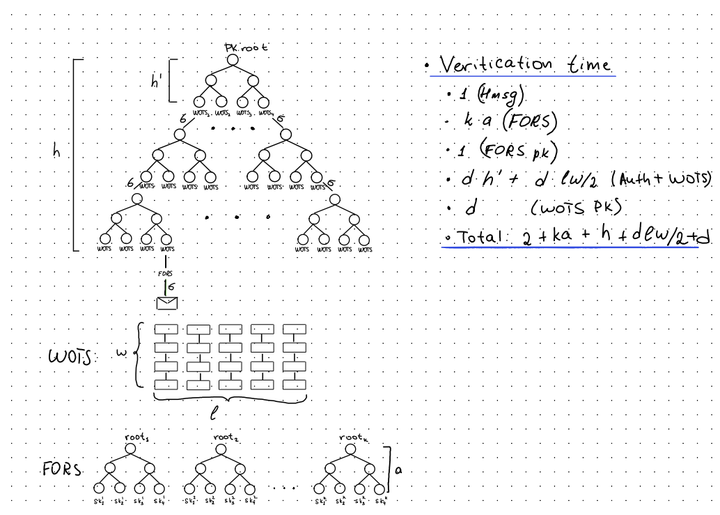The US Government Collected and Stored Chicago Police Data for Months, Breaking Its Own Rules

For years, Americans have been told that federal intelligence agencies focus on foreign threats, not citizens.
But a recent case out of Chicago shows how easily that line can blur, and how quietly data about everyday people can end up inside federal systems that were never supposed to contain it.
This story begins with one simple mistake, then unravels into a bigger problem: how government surveillance programs can grow beyond their limits when oversight fails.
A Federal Agency Quietly Held Data on Hundreds of Americans
In 2021, analysts inside a US intelligence office asked the Chicago Police Department for access to its internal gang-related records.
The idea was to run an experiment: could local police files help federal systems identify suspected gang members at borders and airports?
The Chicago data was already known to be deeply flawed. Past audits found people listed as gang members who were elderly, infants, or not connected to any gang at all.
Some entries included offensive labels instead of factual information. Many residents were added to the list without any arrest or conviction.
Even with those problems, the data was sent to federal servers in early 2022.
According to investigators, what happened next was a chain reaction of mismanagement. Required audits did not happen. Senior leaders were not informed.
And the federal office simply forgot about the deletion order that required them to wipe the data within one year.
By the time anyone checked, the files had been sitting on government servers for seven months past their required deletion date.
Nearly 800 records about US residents had been kept long past legal limits.
Why This Matters: These Lists Shape How Americans Are Treated
The data was part of a larger effort to feed local police information into federal watchlists, including systems used to flag travelers at airports and border crossings.
Official policy is clear: these watchlists must not include US citizens or lawful residents.
But the Chicago files were different. They contained names, addresses, birth dates, and racial identifiers for hundreds of people who legally should not be included in federal watchlisting programs.
Experts warn that these types of experiments create a loophole that can bypass local sanctuary protections.
Cities like Chicago try to limit how their data is shared with immigration enforcement. Yet federal analysts can still request local data, repackage it, and pass it to agencies like ICE indirectly.
That means local privacy rules can be sidestepped without residents ever knowing.
Chicago’s Data System Was Already Broken
Long before the federal government requested the data, Chicago’s own inspectors had been raising alarms. The city found at least 18 different police systems that stored gang-related data, many of them containing errors and outdated entries.
Police could not explain how many databases existed or who had access to them.
Over more than a decade, more than 500 outside agencies queried Chicago’s systems over 1 million times. Public schools alone ran over 87,000 searches related to gang information.
Most people labeled in the systems were Black or Latino.
Despite promises of reform, Chicago made almost no progress.
The department continued to use old data, expanded its criteria for labeling people, and failed to publish updated rules. In 2023, Chicago’s oversight board voted to kill the entire proposed replacement database because it still lacked basic protections.
Federal Oversight Failed Too
Inside the federal office that obtained the data, investigators documented a complete breakdown in procedure.
- The employee who requested the data left their position.
- No replacement was assigned for eight months.
- Required privacy reviews were not done.
- The deletion order was ignored without anyone noticing.
- Senior leadership did not know the project was active.
After the breach came to light, the agency deleted the dataset in late 2023 and issued internal discipline and training requirements.
But federal auditors say the problems run deeper.
They found that the agency still cannot reliably track how intelligence is collected, shared, or used. Some reports circulate with errors.
Many oversight offices have not been updated in years. And internal systems have been misconfigured, exposing sensitive intelligence to unauthorized users.
In short, the safeguards that are supposed to protect Americans from domestic surveillance failures are not functioning well.
The Bigger Picture: A Government Pushing for More Data Fusion
While this specific dataset was eventually deleted, the broader trend continues to grow. The US government has been pushing for expanded data integration across agencies.
New executive orders encourage departments to eliminate “information silos,” and large AI-driven surveillance systems are being developed to merge public and commercial data with law enforcement databases.
These programs rely heavily on watchlists, flagging systems, and data inputs that can easily pull in records that should not legally be included.
The concern is simple. If one flawed experiment in Chicago can slip through the cracks, what else might be happening inside systems that the public cannot see?
What This Means for Everyday Americans
This incident offers a clear lesson.
The divide between foreign intelligence work and domestic surveillance is thinner than most people realize.
When local police and federal agencies share data without strict oversight, errors spread quickly, people can be mislabeled, and sensitive information can be retained far longer than allowed.
There is no evidence that Chicago residents were directly harmed by this specific lapse. But the structural issues remain.
- Local data can still enter federal systems quietly.
- Oversight offices are understaffed and underpowered.
- Federal watchlists continue to expand.
- AI tools promise to merge even more data across agencies.
If agencies struggle to follow the rules today, the risks will only grow as systems become larger and more automated.
Buy & Sell Bitcoin, Dollar Cost Average management abd pay your bills with Bitcoin on the the best Bitcoin only Exchange.



Comments ()